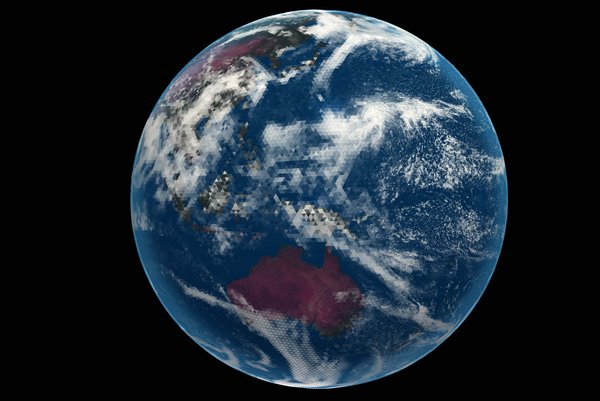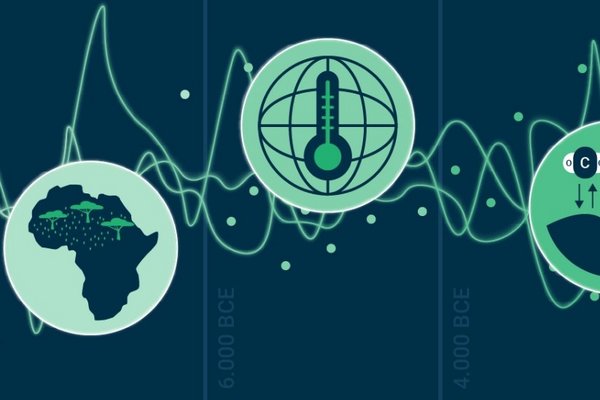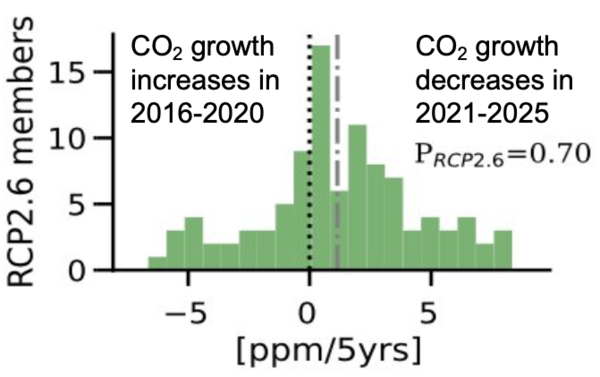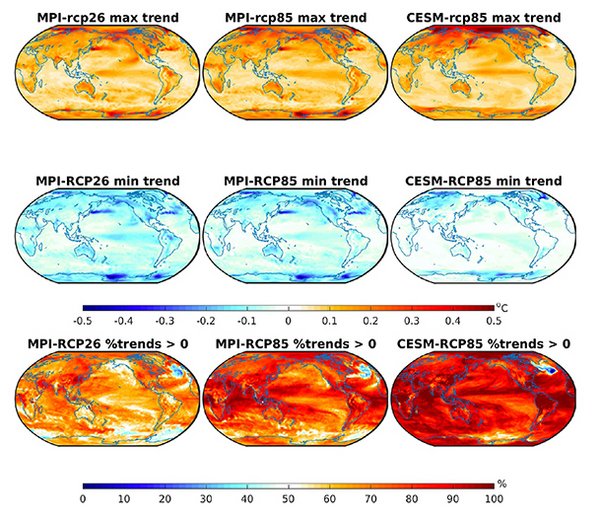
NextGEMS video clip release
NextGEMS is building prototypes for a new generation of Earth system models to advance science, guide policy, and inform applications to support the…
![[Translate to English:] [Translate to English:]](/fileadmin/_processed_/6/a/csm_Dian_fig1a._6x4_3336238816.png)
Abrupt CO2 quadrupling: Resolving ocean eddies leads to smaller increase in global mean surface temperature
In a recent study in Geophysical Research Letters, Dr. Dian Putrasahan and colleagues from the department “The Ocean in the Earth System” at the Max…

ESM2025: Earth System Models for the future
ESM2025, an ambitious European project on Earth System Modelling, coordinated by Météo France-CNRM, is now official. The project started on 1 June…
One step closer to a new generation of Earth System Models
NextGEMS, an ambitious European project to develop a new generation of Storm-resolving Earth System Models (SR-ESMs), is now official. On May 28,…
![[Translate to English:] [Translate to English:]](/fileadmin/_processed_/f/c/csm_210511_deVrese_eso0603a_65e077b7a9.jpg)
Could the deglaciation of Snowball Earth have started in the mid-latitudes?
A new study, led by scientists of the Max Planck Institute for Meteorology (MPI-M), investigates the question which conditions could have triggered…

Ozone, air chemistry, Earth-system science, environmental modeling — researcher portrait Guy Brasseur
The recently published book “The Ozone Layer, From Discovery to Recovery” is a fascinating reading from the discovery of ozone in the 19th century…
![[Translate to English:] [Translate to English:]](/fileadmin/_processed_/b/a/csm_COVID_Figure_teaser_150371e1e1.jpg)
Climate response to emissions reductions due to COVID-19: Initial results from CovidMIP
In a new publication in Geophysical Research Letters led by Chris D. Jones from the Met Office Hadley Centre, in Exeter, UK, a group of 49 scientists…

Variability of the Earth system over the last 8000 years
After the peak of the last ice age about 21,000 years ago, the great ice masses that had covered large parts of North America and northern Europe…

CO2 emission reductions only distinctly attributable in the atmosphere after a decade
In a new study Aaron Spring, Dr. Tatiana Ilyina and Prof. Jochem Marotzke, scientists at the Max Planck Institute for Meteorology (MPI-M), show that…
![[Translate to English:] [Translate to English:]](/fileadmin/_processed_/6/6/csm_Teaser_Rueckkopplung_49fd6b53e0.jpg)
Smaller land carbon feedback in the new MPI Earth System Model
In two recent studies, scientists of the Max Planck Institute for Meteorology (MPI-M) analyzed the feedback between CO2 and climate using Earth…

CLICCS – A cluster of excellence for climate research – Which climate futures are possible and which are plausible?
The Paris climate agreement from December 2015 recognized that the world is warming and that humans are primarily responsible for it. This provided a…

Internal variability dominates short-term surface temperature trends
A new study by Dr Nicola Maher, Dr Flavio Lehner and Prof Jochem Marotzke demonstrates that in the coming 15 years any individual point on the globe…
